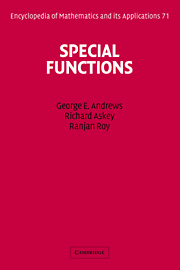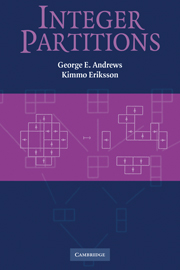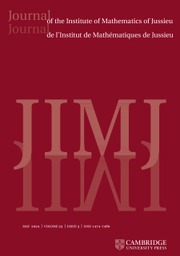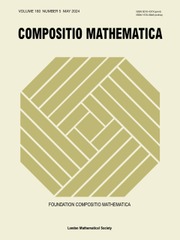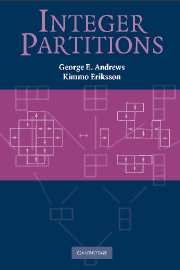The Theory of Partitions
This book develops the theory of partitions. Simply put, the partitions of a number are the ways of writing that number as sums of positive integers. For example, the five partitions of 4 are 4, 3+1, 2+2, 2+1+1, and 1+1+1+1. Surprisingly, such a simple matter requires some deep mathematics for its study. This book considers the many theoretical aspects of this subject, which have in turn recently found applications to statistical mechanics, computer science and other branches of mathematics. With minimal prerequisites, this book is suitable for students as well as researchers in combinatorics, analysis, and number theory.
- A classic; the only book devoted entirely to partitions
- Author is world's leading expert in the subject
- Suitable for students and researchers
Reviews & endorsements
'A good introduction to a fascinating subject … a very pleasant book to read.' Richard Askley, Bulletin of the AMS
'There is no doubt that this book will continue to serve as a basic and indispensable source of information for everyone interested in this fascinating subject.' European Mathematical Society
Product details
March 2011Adobe eBook Reader
9780511869983
0 pages
0kg
12 b/w illus. 5 tables
This ISBN is for an eBook version which is distributed on our behalf by a third party.
Table of Contents
- 1. The elementary theory of partitions
- 2. Infinite series generating functions
- 3. Restricted partitions and permutations
- 4. Compositions and Simon Newcomb's problem
- 5. The Hardy-Ramanujan-Rademacher expansion of p(n)
- 6. The asymptotics of infinite product generating functions
- 7. Identities of the Rogers-Ramanujan type
- 8. A general theory of partition identities
- 9. Sieve methods related to partitions
- 10. Congruence properties of partition functions
- 11. Higher-dimensional partitions
- 12. Vector or multipartite partitions
- 13. Partitions in combinatorics
- 14. Computations for partitions.


